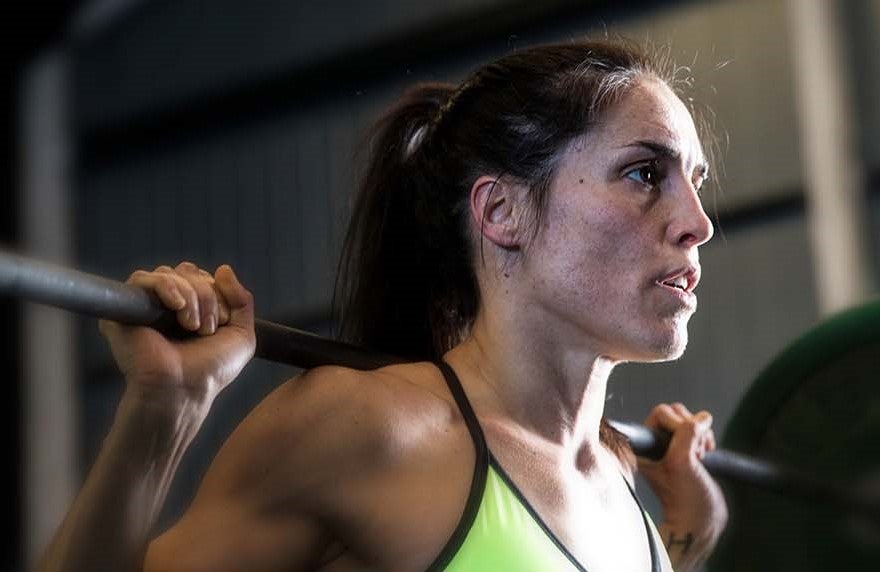Share With Others!
Women endurance athletes who train hard (think, running more than 10 miles per day) sometimes have low levels of certain essential minerals—even when they are eating the daily recommended amount of fruits, vegetables, grains and lean protein. The right intake of crucial nutrients helps dedicated athletes feel and perform their best. So, if you’re a woman gearing up for a major race or fitness event, you may want to look for support beyond just a multivitamin.
Related Reading: HOW TO MINIMIZE THE IMPACT MENOPAUSE HAS ON YOUR LIFE
Four Key Minerals to Help Support Your Training
IRON
Feeling unusually beat after your daily run? Iron is essential to the process of delivering oxygen throughout your body. Without adequate iron stores, it happens less efficiently and may lead to fatigue. After menopause, a woman’s iron needs decrease by more than half to eight milligrams per day. However, the recommended daily intake for pre-menopausal women, ages 19-50, is 18 milligrams. If you think you might need a boost, try an iron supplement with key nutrients like vitamin C and copper to enhance iron absorption.
ZINC
To compete in long-haul events, you need to maintain your overall health to keep to your training schedule. Zinc is a key contributor to growth and development, immune response and nerve cell and brain function. Female athletes who are vegetarian may have a tougher time ensuring they are getting adequate zinc in their diets and, without adequate intake, the role zinc plays in immunity and nutrient metabolism may be impacted. Sources of zinc include meats, beans and fortified cereals. If you need a little more help to hit the recommended daily target of 8 milligrams of zinc for women 19 and older, consider complementing your diet with a zinc supplement. However, for female athletes who need more iron, it’s important to understand that supplementing with high amounts of iron can decrease the amount of zinc your body absorbs—so take iron supplements separate from zinc supplements or zinc-containing foods to decrease their potential effect on your zinc levels.
MAGNESIUM
If you get frequent muscle cramps and find yourself feeling fatigued while training, you may be running low on magnesium. This essential mineral—which we lose through sweat and urine—is key for red blood cell formation, bone strength and energy production, especially in muscle cells. Because female endurance athletes often focus on maintaining a low body weight to perform at a high level, many tend to stick to strict nutrition plans that might skimp on key nutrients, like magnesium. If you think you might not be hitting the recommended dietary intake of 310-320 milligrams for women ages 19 or older, you can get magnesium from healthy foods that won’t compromise your ideal body composition, such as almonds, spinach and black beans. Or, try supplementing regularly with magnesium gummies—they even come as strawberry-flavored chews.
CALCIUM
When you pound the pavement on a regular basis, you want to make sure you’re maintaining top-notch bone health to sustain your bones in the long run. Many female athletes maintaining low body-fat content might nix certain calcium-rich foods, like dairy, from their diet. The recommended dietary allowance for calcium is 1,000 to 1,300 milligrams daily for adults, but data suggests that nearly half of adults in the U.S. may not be getting enough. Calcium helps build and maintain your bones and teeth, and is essential for the contraction of muscles, release of brain cell transmitters, regulation of heart rhythm and clotting of blood. A daily supplement can ensure you’re getting the right amount.

